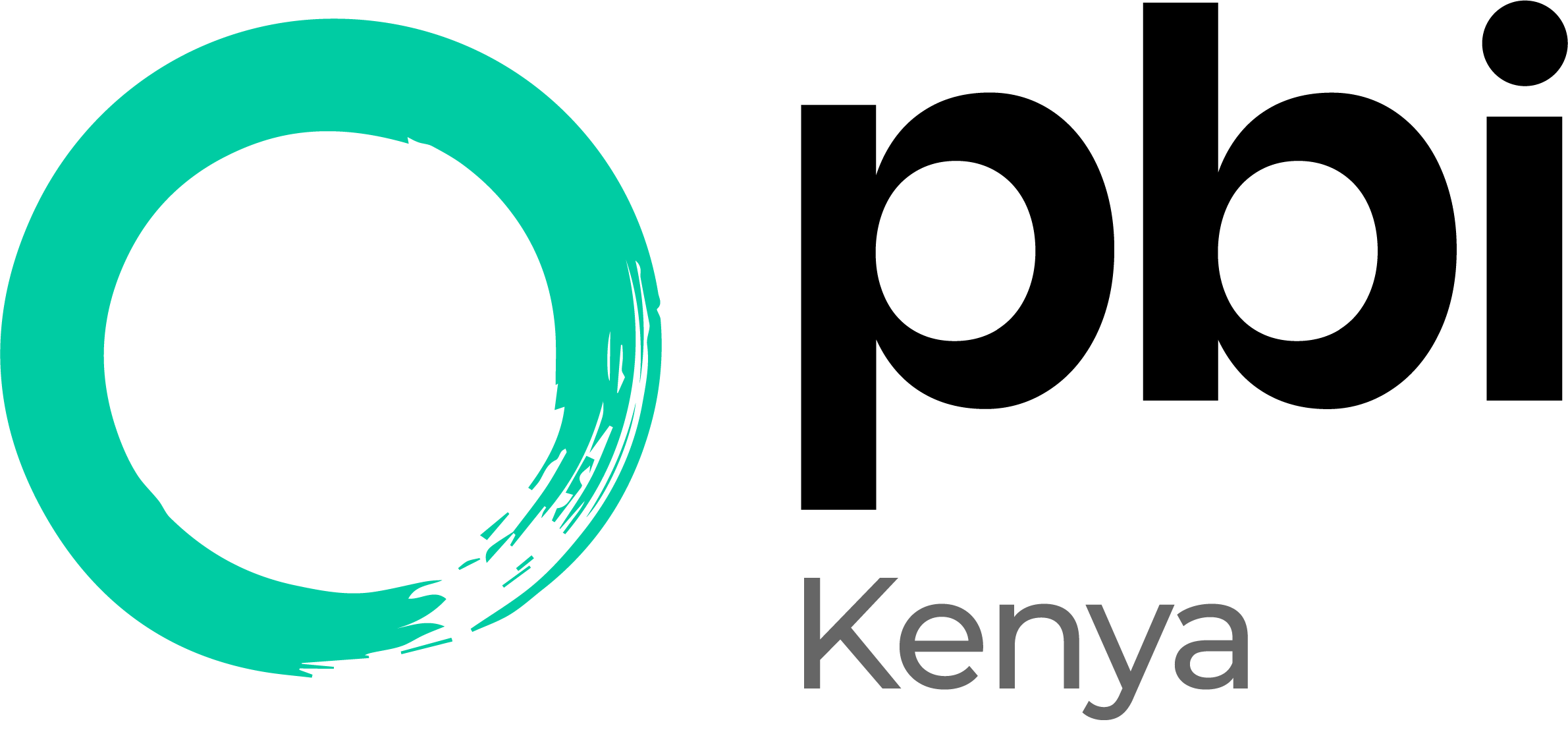In Kilifi County, effective advocacy requires more than just passion—it demands strategy, safety, and support. For Hogla Salome Karisa, founder of Elimu Kwanza CBO, joining the Toolkit Organisers Network was a turning point. Her work on sexual and gender-based violence (SGBV) and inclusion became more structured, sustainable, and impactful.
Hogla was drawn to the network organized by Peace Brigades International (PBI Kenya) because it offered practical support alongside psychosocial wellbeing. “PBI Kenya was empowering and capacity-building human rights defenders,” she notes. Being part of the network meant she could return to her community with new, applicable skills. A significant change was in her facilitation style. Through PBI, she learned Participatory Education Theatre (PET), a method that encourages communities to articulate their issues and co-create solutions. “I now allow the community to develop their own solutions — I just fill in the gaps,” she explains. This shift boosted community ownership and created new opportunities for her CBO.
The training on Organization Development and Systems Strengthening (ODSS) strengthened her organizational leadership. She introduced safeguarding, volunteer, and financial policies and clarified roles within her team. “The organization is no longer just mine; it belongs to the community. I now know what specific role to play,” she says.
Equally important were lessons on security management. Handling sensitive cases meant she needed better protection — personally, digitally, and organizationally. She learned to separate personal and professional data, set boundaries, and manage her time in healthier ways. Beyond skills, the network gave her solidarity. She now works with fellow WHRDs on dialogues, school outreach, and joint proposals. “I’ve learned that you cannot do this work alone,” she says. This peer network offers both practical collaboration and mutual support.
These skills were put into practice, in a recent case that stands as one of her biggest successes. A father reported that his child with disabilities had been assaulted by a neighbor. Guided by her training, Hogla acted swiftly: she verified the facts, advised medical care, and guided the family in filing a police report. The following day, when the perpetrator faced mob justice, she intervened to ensure due process, leading to his arrest and prosecution.
Recognizing the child’s vulnerability, she sought safe placement, ultimately arranging care with a relative after finding most centers in Kilifi inaccessible for children with disabilities. She also secured legal representation through her WHRD network. The case concluded in May 2024 with a landmark outcome: the perpetrator was sentenced to 45 years in prison. For Hogla, this outcome affirmed that justice for survivors is possible when defenders are equipped with strategy, security, and solidarity.
This growing recognition of her work led to a formal community role: “Due to the success stories, the community elected me as the chairperson of Kimbilio Centre, where violated girls and women are rescued and supported with counseling, justice, and integration.” Kimbilio Centre is under the Kilifi County Gender Department. Her journey shows how practical training and a strong support network can transform passion into sustainable, life-changing advocacy.
